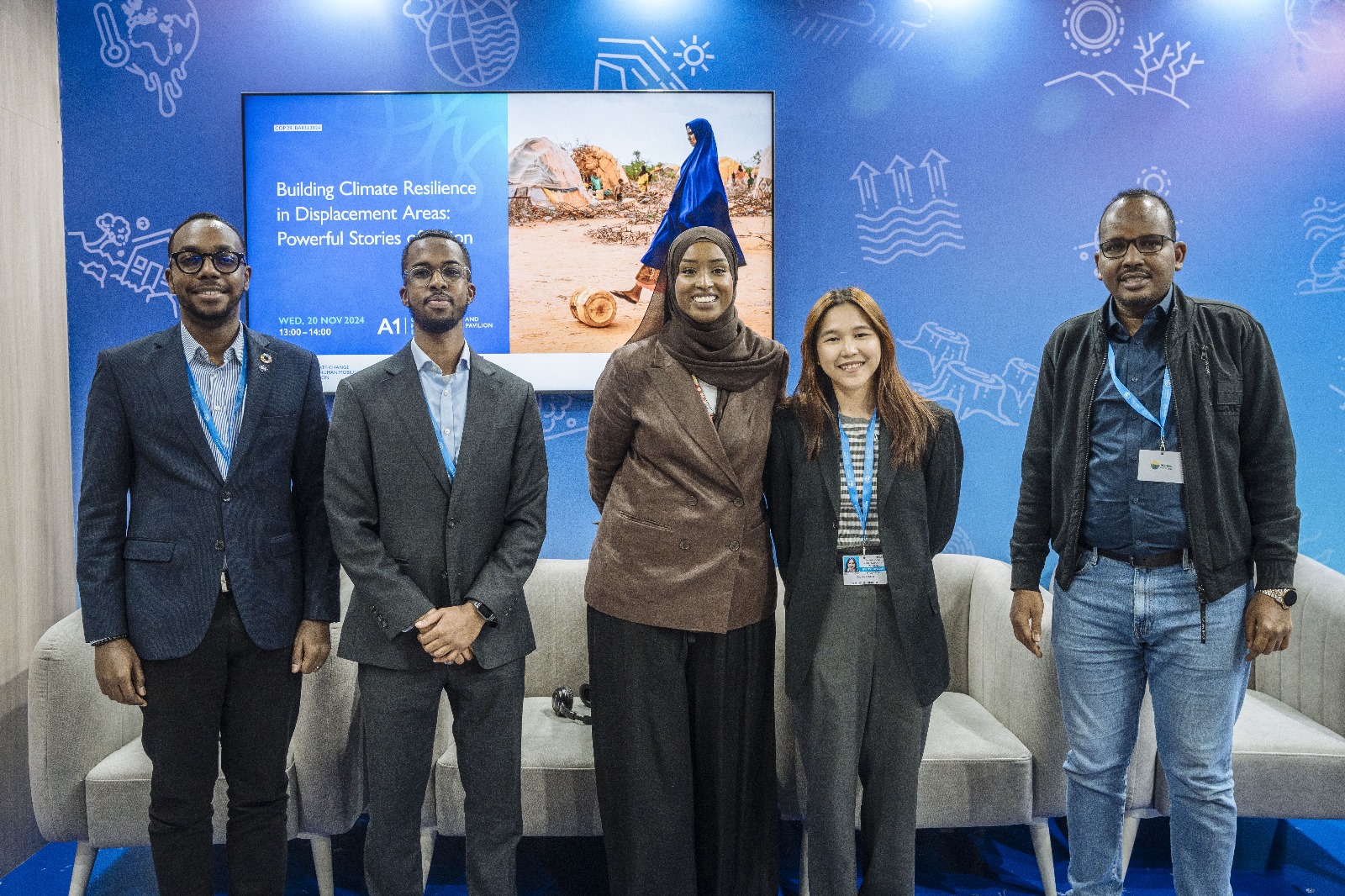
ICE Institute Shines at COP29: Amplifying Somali Voices on the Global Stage
The Institute of Climate and Environment (ICE), a pioneering initiative by SIMAD University, marked a momentous milestone at COP29 in Baku, Azerbaijan. Represented by Director Mohamed Okash and Ustaad Abdikafi Hassan, ICE made a significant impact through strategic partnerships, engaging discussions, and high-profile collaborations. Their participation underscored Somalia’s critical voice in the global fight against climate change and highlighted the institute’s leadership in advancing climate resilience and sustainability.
Key Moments from ICE’s Journey at COP29
1. Strengthening Partnerships: MoU Signing with Somalis for Sustainability
A major highlight was the signing of a Memorandum of Understanding (MoU) with Somalis for Sustainability, a London-based diaspora organization championing sustainability. The partnership aims to foster knowledge-sharing, capacity-building, and joint sustainability initiatives. In a ceremony attended by distinguished members of the Somali delegation, the MoU signing exemplified global unity among Somali climate advocates and set the stage for impactful collaborations in addressing climate challenges.
2. Co-hosting a Powerful Panel at the IOM Pavilion
ICE co-hosted a compelling panel discussion, “Building Climate Resilience in Fragile States: Powerful Stories of Climate Action,” showcasing Somalia as a critical case study for resilience-building.
Panelists:
1. Mohamed Okash, Director, ICE Institute
2. Dr. Mohamed Ibrahim, Minister of Resilience and Rural Development, South West State of Somalia
3. Zamzam Ibrahim, Director, Somalis for Sustainability (Moderator)
4. Amin Rirash, Climate Expert, Somalis for Sustainability
The session attracted a diverse audience, highlighting innovative solutions to climate vulnerabilities in fragile states and fostering actionable discussions on resilience-building strategies.
3. Expanding Global Networks: Bilateral Engagements
Global Connections: Expanding Horizons for Somalia
COP29 wasn’t just about panels and presentations; it was a hive of strategic bilateral meetings. Director Okash connected with key players in the global climate arena, including RTI International, IOM Climate Office, New Climate Institute, Ecoclimate, and UNEP Somali Representatives. These conversations culminated in promising agreements to:
– Develop knowledge exchange programs tailored to fragile states.
– Launch capacity-building initiatives for Somali communities.
– Innovate climate research and implement transformative projects.
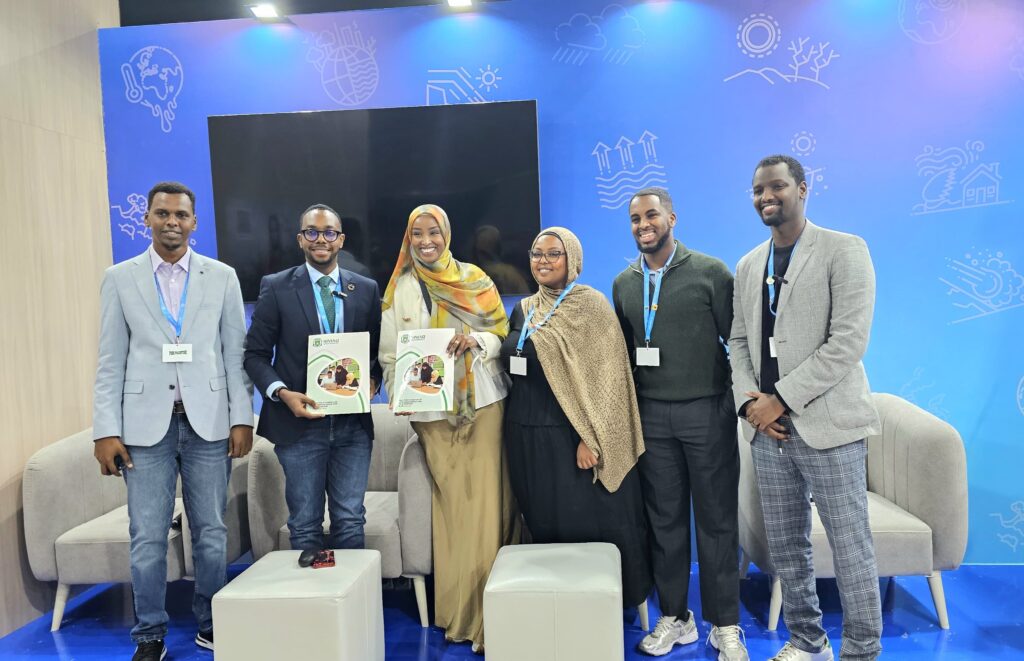
4. Advocating for Somali-Led Solutions on the Global Stage
ICE’s participation elevated SIMAD University’s reputation as a thought leader in climate discourse. By presenting Somali-driven solutions and engaging with global experts, ICE strengthened its role as a pivotal voice in advocating for resilience and sustainability in fragile contexts.
Impact and Looking Ahead
ICE’s achievements at COP29 signify a growing recognition of Somalia’s role in global climate action. Key takeaways include:
Increased Recognition: ICE is now seen as a vital stakeholder in climate resilience discussions.
Enhanced Collaboration: Partnerships formed at COP29 pave the way for transformative initiatives benefiting Somalia and other fragile states.
Institutional Growth: The event reinforces ICE’s capacity to lead climate research, advocacy, and innovation on the international stage.
Acknowledging ICE’s Success
The success of the ICE Institute at COP29 reflects SIMAD University’s commitment to excellence and leadership in addressing global challenges. These achievements would not have been possible without the dedication of the ICE team, whose work continues to inspire and drive meaningful change.
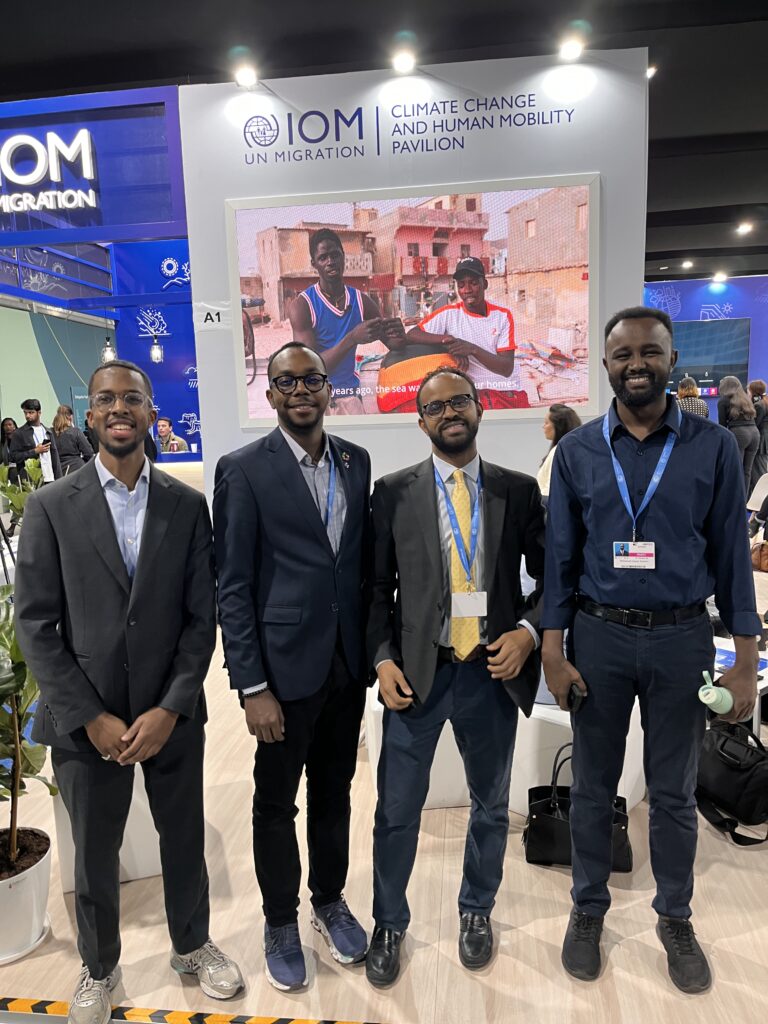
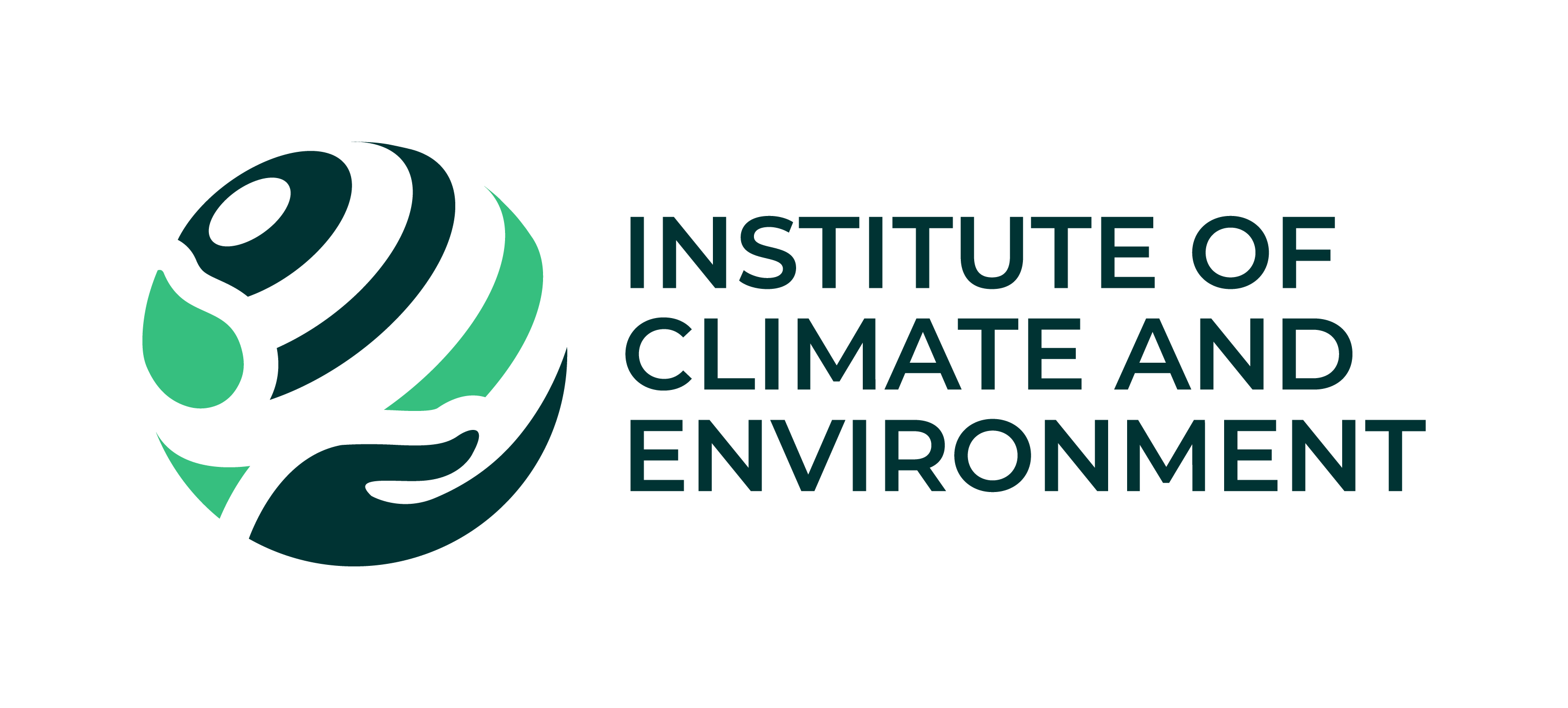
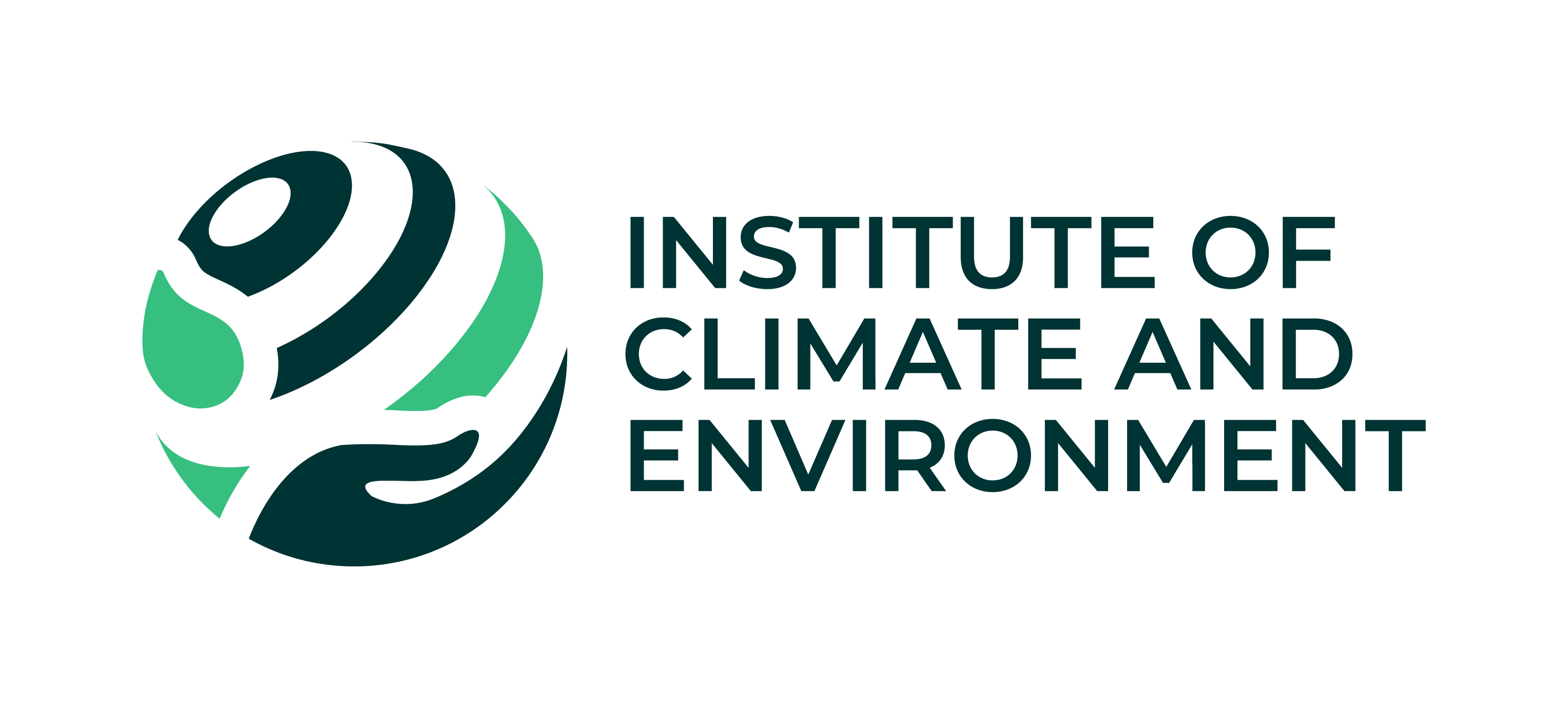

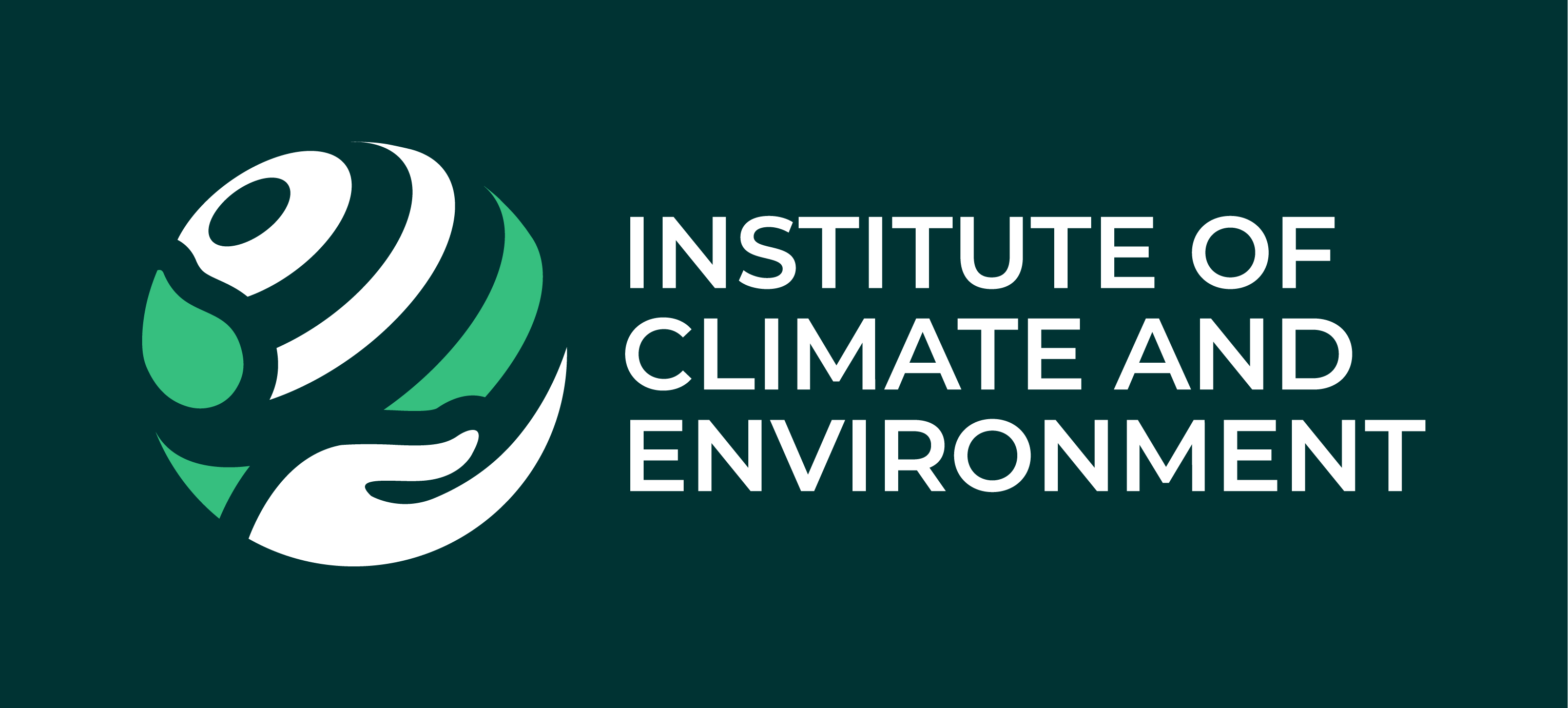




Leave a comment